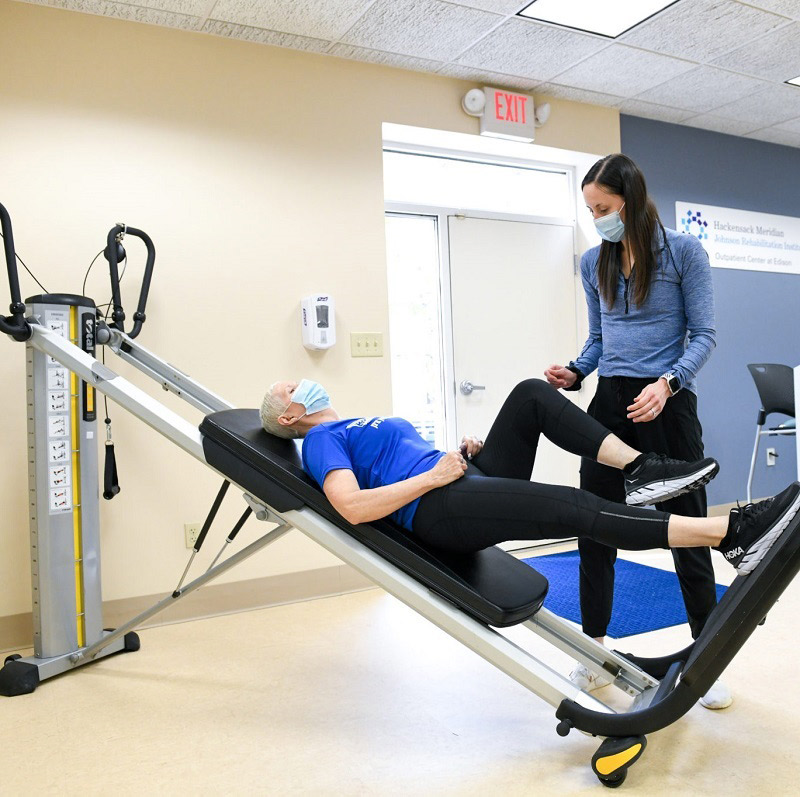Improving Rehab Results Through Efficient Functional Movement Assessment Protocols
Improving Rehab Results Through Efficient Functional Movement Assessment Protocols
Blog Article
Functional Mobility Assessment (FMS) is a beneficial instrument used to evaluate an individual's mobility mechanics. This assessment aids identify any weaknesses or discrepancies in the musculoskeletal system, which can lead to injuries if not corrected. In recovery settings, FMS can serve a crucial role in enhancing recovery results. By comprehending how each person moves, healthcare professionals can develop focused rehabilitation plans that focus on improving strength, flexibility, and overall performance.
One of the main advantages of using FMS in recovery is its ability to identify specific aspects that need enhancement. For example, if a patient struggles with squatting or lunge movements, it may indicate a deficiency of mobility in their hips or ankle joints. This data allows therapists to create customized exercise programs that emphasize correcting these deficits. As a result, patients are more likely to regain their power and functionality, which is essential for returning to daily tasks or sports.
Incorporating efficient FMS protocols can also assist prevent future harm. Many injuries occur due to poor mobility patterns or excessive use of certain muscular groups. By evaluating individuals before they begin a rehabilitation plan, therapists can identify hazards and implement strategies to minimize them. Educating patients about appropriate mobility patterns and enhancing underdeveloped areas can lead to long-term advantages, promoting that they remain engaged and healthy.
Moreover, the use of FMS can enhance communication between healthcare professionals and patients. When clients see their mobility mechanics assessed and explained, they gain a clearer understanding of their recovery journey. This clarity builds trust and encourages patients to take an engaged role in their recovery. By engaging patients in their recovery process, they you can check here are more likely to follow to recommended exercises and lifestyle adjustments that promote better results.
In summary, improving recovery outcomes through effective operational movement assessment protocols is essential for both clients and healthcare providers. By accurately evaluating movement patterns, clinicians can create customized rehabilitation plans that meet individual requirements. This not only facilitates in recovery but also assists avoid see post future injuries. As patients become more engaged in their rehabilitation journey, they are likely to achieve their objectives and sustain a healthy, engaged lifestyle.